Sustain the fire
The science and practice of sustainable care for the self and others.
Following the success of New Zealand’s first ever compassion in healthcare conference in 2019, this second conference brings together scientific and clinical experts from New Zealand and overseas. This event is focused on the importance of caring for the self in the helping professions and the links between self-care and the capacity to care for others. Speakers have been carefully curated to inspire, teach and share lessons in compassion in day to day clinical practice. The 2018 conference sold out and this event is likely to be no less popular.
This event will benefit doctors, nurses, medical students, paramedics, social workers, psychologists, therapists, allied health providers and anyone involved in the caring profession. Certificates of attendance (continuing professional education) to document hours attended will be provided. Outside of NZ, please ask your professional regulatory council/ body if they will accept certification from the Faculty of Medical and Health Sciences of the University of Auckland.

2021 Conference International Keynote Speaker
2021 Conference Speakers
Conference Schedule
27 MAR 2021
Saturday 8:30 AM – 3:30 PM
University of Auckland Faculty of Medical and Health Sciences
85 Park Road, Grafton, Auckland 102
| Time | Speaker(s) | Title |
|---|---|---|
| 8:30-8:35am | Ass. Prof. Andy Wearn (Head of Medical Program, UOA) | Opening Welcome |
| 8:35-9:30am | Prof. Paul Gilbert | INTERNATIONAL KEYNOTE: Enhancing compassion in healthcare |
| 9:30-10:00am | Dr. Fiona Moir | What does self-care really mean? |
| 10:00-10:30am | Dr. Anna Friis | Kindness matters: caring for the carer |
| 10:30-11:00am | Dr. James Kirby | Why are we afraid to care? |
| 11:00-11:30am | MORNING TEA | |
| Tony Fernando’s Rapid Fire Research papers | ||
| 11:30am-12:30pm | Dr. Jeffrey Kim | A biological take on compassion |
| Dr. Lisa Reynolds | Fighting the flinch | |
| Ms. Jennifer Brenton-Peters | Compassion, stress, and unhealthy eating | |
| Ms. Alina Pavlova | What do we actually know about the predictors of care? | |
| 12:30-1:30pm | LUNCH | |
| 1:30-3:00pm | Dr. James Kirby | INTERNATIONAL WORKSHOP: Managing the self-critic |
| 3:00-3:30pm | Prof. Nathan Consedine & Ms. Sophie Baguley | Strategies to maintain compassion (and the self) |
| 3:30pm | CLOSING | |
Sunday Workshops

28 MAR 2020
Sunday 9:00 AM – 12:00 PM
University of Auckland Faculty of Medical and Health Sciences
85 Park Road, Grafton, Auckland 1023
| Concurrent Workshops: 9:00am - 12:00pm | |
|---|---|
| Workshop 1: Dr Fiona Moir | Enhancing wellbeing by tackling burnout |
| Workshop 2: Dr. Anna Friis | Self-compassionate practice at the frontline |
Sunday 1:00 PM – 4:00 PM
Virtual Workshop
Online only
Virtual Workshop: 1:00pm-4:00pm
Workshop 3: Dr. James Kirby What are the fears of compassion and how to work with them
2021 Conference Speaker Bios
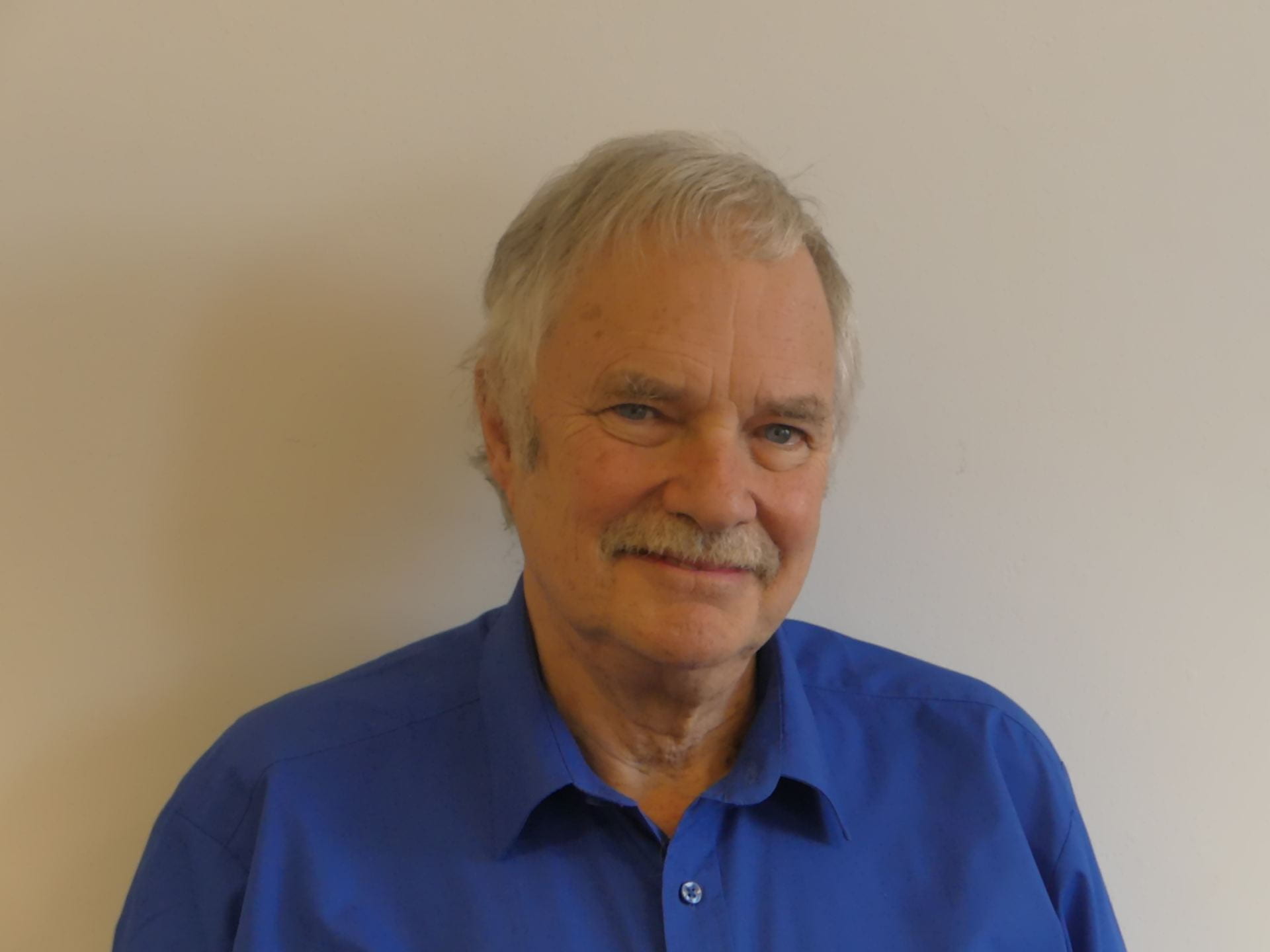
International Keynote Speaker, Paul Gilbert
Paul Gilbert, PhD, FBPsS, OBE is Professor of Clinical Psychology at the University of Derby and is a Visiting Professor at The University of Queensland, Australia. After obtaining his PhD is 1980, Paul was an NHS Consultant Clinical Psychologist at the Derbyshire Health Care Foundation Trust until his retirement (1989-2016). He has researched evolutionary approaches to psychopathology for over 40 years with a focus on shame and the treatment of shame-based difficulties – for which compassion focused therapy was developed. He was made a Fellow of the British Psychological Society in 1993 and President of the British Association of Behavioural and Cognitive Psychotherapy in 2003. He was an invited expert member for the first British Governments’ NICE guidelines for depression, and has written/edited 23 books and over 300 publications. In 2006 he established the Compassionate Mind Foundation, a charity with the mission statement “to promote wellbeing through the scientific understanding and application of compassion”. He was awarded an OBE in March 2011.
Check out Paul on Twitter @ProfPaulGilbert or the Compassionate Mind website.
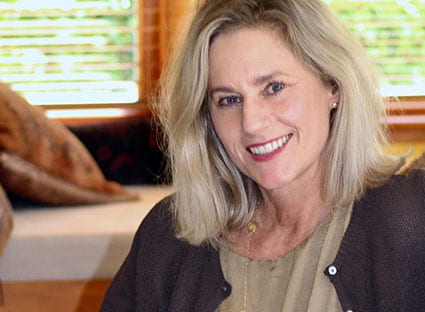
Anna Friis
Self-compassion at the Frontline
Dr. Anna Friis is a health psychologist working with private clients at her Ponsonby clinic, and has a deep personal commitment to the practise of mindfulness and self-compassion. Her own research showed training in self-compassion improved both mental and physical health in diabetes patients. She is now regularly invited to speak and teach on this topic to audiences throughout New Zealand and overseas. She is a certified teacher of Mindful Self-Compassion (MSC), a devoted yogini, and once had another life as a corporate go-getter, specialising in crisis management.
Self-compassion is not just self-care and neither is it a sign of weakness or self-indulgence. It is a potent practise that enables us to stay afloat when life is difficult, to flourish and be happy in spite of life’s inevitable challenges. For those working on the frontlines of health care in New Zealand, it is a state of being that helps us to care for others while at the same time caring for ourselves; an evidence-based buffer against burn-out and empathic distress. Anna will share stories and practises from the frontline; how self-compassion helps us to know what we need, and to maintain equilibrium and warm-hearted connection with ourselves and others, whatever life’s circumstance.

James Kirby

Tony Fernando
Dr Tony Fernando is a psychiatrist and sleep specialist with a long-standing interest in compassion. He has published academic papers in sleep medicine, mindfulness and medical compassion. He has been awarded multiple teaching awards by medical students and the Faculty of Medical & Health Sciences in Auckland. In 2012, he was awarded by President Aquino of the Philippines for his services to sleep medicine and medical education.
In 2015, he received the Chair’s award by the New Zealand Medical Association, the highest recognition given by the association to any doctor in New Zealand for his work on doctor’s wellbeing. In January of 2017, he received temporary ordination as a Buddhist monk in Myanmar. He is in the final stages of his PhD at the University of Auckland, studying compassion in medicine.
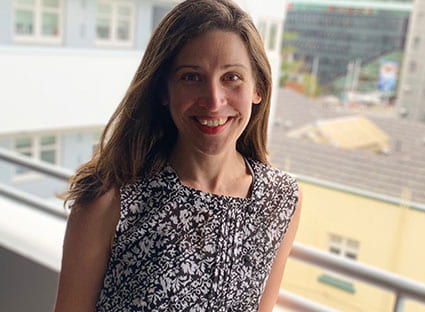
Jennifer Brenton-Peters
RD Registered Dietitian (Canada), MA Health Promotion, PhD Candidate Health Psychology
Department of Psychological Medicine, University of Auckland, New Zealand
We all can find comfort in food. What kind of food do you reach for when you are feeling stressed? If you go for sweet treats or savoury chips, you are not alone. Stress can motivate the consumption of foods that make us feel good (in the moment), foods that provide immediate comfort. In the long-term, however, the over-consumption of high fat, high sugar foods can lead to health problems. In this talk, Jennifer will present data from a recent experimental study investigating whether self-compassion can reduce the tendency for stress to trigger poorer dietary choices.
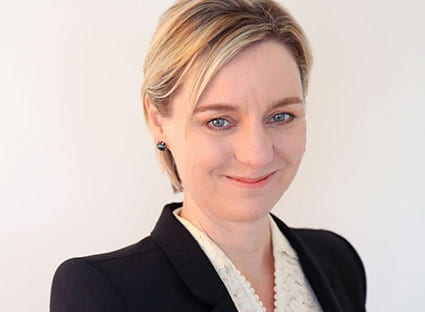
Fiona Moir
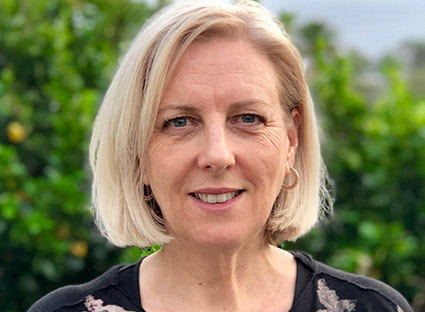
Lisa Reynolds
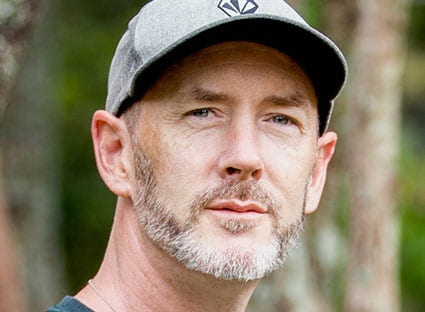
Nathan Consedine
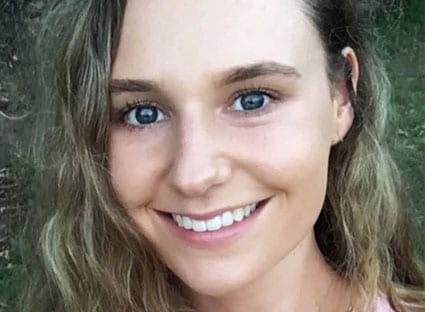
Sophie Baguley
Sophie Baguley is a master’s student in Health Psychology in the School of Medicine at the University of Auckland. She has been leading a project that seeks to move research beyond a focus on the factors that interfere with compassion by simply asking participants in the 2019 Compassion in Healthcare Conference how they maintain compassion for their patients. In the study, the responses of 151 professionals were coded and descritp, suggesting a complex mixture of internal versus external and self-focused versus patient focused strategies. To our knowledge, this is the first ever study that seeks to identify and characterise the strategies healthcare professionals report utilising to maintain compassion; I am excited to share these findings with you.

Jeffrey Kim
Jeffrey Kim is a PhD candidate investigating the neurophysiological basis of compassion at the University of Queensland, Brisbane, Australia. With techniques such as fMRI, Jeffrey’s mission is to understand the neural pathways which underlie generation and regulation of pain, emotion, and mood with compassion, in both health and depression. In this presentation, he will report on his fMRI meta-analysis and review of compassion neuroimaging, the first research to synthesize via coordinates-based analysis regions of shared activation under compassion.
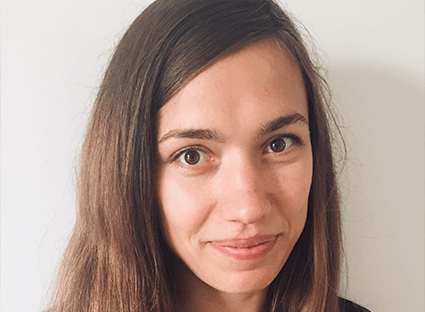
Alina Pavlova
Alina Pavlova is a Health Psychology PhD candidate at the University of Auckland. Alina’s research is focused on the determinants of medical compassion. Her goal is to study the transactional nature of physician compassion investigating relationships between personal, organisational, and patient-related factors impacting care. Ultimately, Alina is committed to creating multilevel interventions designed to enhance care at both physician and organisational levels. In this presentation, Alina will share her first findings about what we actually know about the predictors of care.